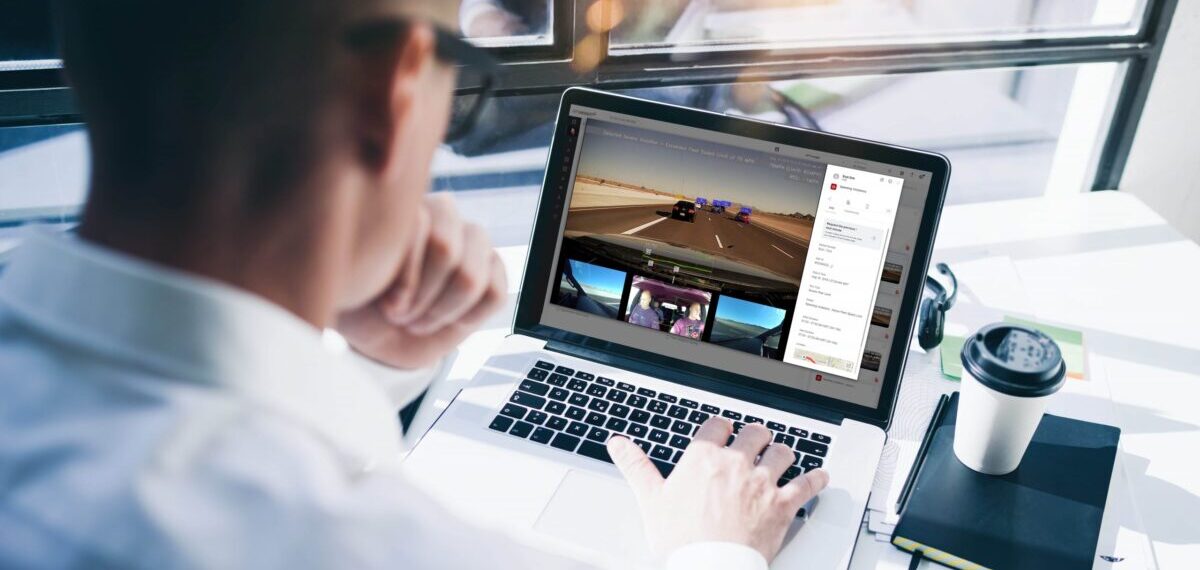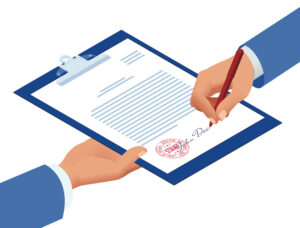
by: Karen Bradley
If you want to spark controversy with pretty much any commercial driver, you can simply mention two things: GPS fleet monitoring and driver-facing dash cams. Want to hear ten different opinions? Just approach a group of ten drivers. But for the most part, unless the system is abused, GPS Fleet Monitoring is not only legal, but it’s a potential lifesaver for both drivers and their employers.
What does the law actually say? Well, it depends on where you are and what your state and local laws say, but here is a simple overview.
As vehicle monitoring becomes more advanced, companies are adding components like driver-facing dash cams or even 360-degree, A.I.-powered cameras. The A.I.-powered cameras, while they record all the time, also respond to certain incidents like motion or impact, and record the seconds before and after the incident for review.
Telemetrics tell a big part of the story in any incident, however, and can reveal a lot about driver behavior even without video footage to go with it. However, if the driver is on break, or even just going about their daily routine, many drivers feel this constant surveillance is an overreach and even an invasion of privacy.
The truth of the matter is, the truck is the driver’s workplace, and it can be subject to just as much or more monitoring than an office area. What does the law say, though?

First of all, employees can expect a certain amount of privacy in certain areas of their workspace, regardless of it is mobile or not. But these are primarily limited to restrooms and other private areas. However, a vehicle as a workspace does not include these areas, so employees should expect to be monitored, at least to some extent.
Of course, this has spawned dozens of internet myths and conspiracy theories about surveillance, most of which are simply not true or practical. Most systems are not monitored in real-time. Rather, the monitor, be that a supervisor or someone else is notified by “triggering events.” Even in the case of video, having a monitor watching employees the entire workday in real-time is extremely impractical and improbable. It would be prohibitively expensive for most companies to do so regardless of legality.
So what are triggering events? They can be defined by the company or software, but often include harsh braking, fast accelerations, and speeding violations. A.I. cameras can also detect seatbelt violations, cell phone use, drowsiness, and distracted driving.
Unusual events like accidents and impacts are also triggering events and can be vital to accident reconstruction and defense of an employee where appropriate.
So strictly speaking, from a legal standpoint at least, vehicle tracking is not an invasion of privacy. However, there are some legalities to be aware of.

In some states and jurisdictions, GPS fleet monitoring follows under similar statutes as wiretapping. In other words, the driver must be aware of the monitoring and how it will be used, and the driver must consent to the monitoring. This is similar to an application on your phone asking permission to use your location either all the time or only when you are using that application.
Companies need to have vehicle tracking and dashcam use policies in place and ensure that drivers read, consent, and sign any policies. This can be a requirement for employment with your company and should be.
This prevents the employee from saying later that they were unaware of monitoring efforts, and it was therefore an invasion of their privacy. Questions? Contact your local jurisdiction and ask. Better yet operate with a very open policy in place regardless of local regulations. It also helps with employee trust and morale.
But what can you use any data you collect for?
In most areas, the employer can use the footage for a variety of reasons, from discipline to rewards programs. However, it is best for employers to be careful and to outline how the technology of fleet tracking and even dash cams will be used. As unions often work to negotiate how monitoring is used, it is best to be proactive before a union steps in.
While legally you want to be on solid ground, you also want your drivers to understand and even embrace where you are coming from.
One of the greatest benefits to vehicle tracking and dash cams is the legal use of the data or footage in court cases, should it come to that. Just be aware that this cuts both ways, legally speaking. The GPS tracking data or camera footage is discoverable by attorneys for the other side as well, so if your driver was genuinely at fault, you may be handing them the data they need to prove it.
However, this data can also save your company thousands of dollars, offers settlement negotiation leverage and can help you defend your driver when the need arises.
The short answer is yes. Vehicle tracking, fleet monitoring, and even driver-facing and smart dashcams are legal. However, there are regulations relating to how you can use the data you gather, and how much of that information you need to share with your drivers.
Transparency, in our experience at EcoTrack, is always the best policy. Need help selecting a fleet tracking service that will work best for you? Contact EcoTrack Fleet Management today. We’re here to answer your questions, and as a local provider, we offer fast efficient service turnaround times.